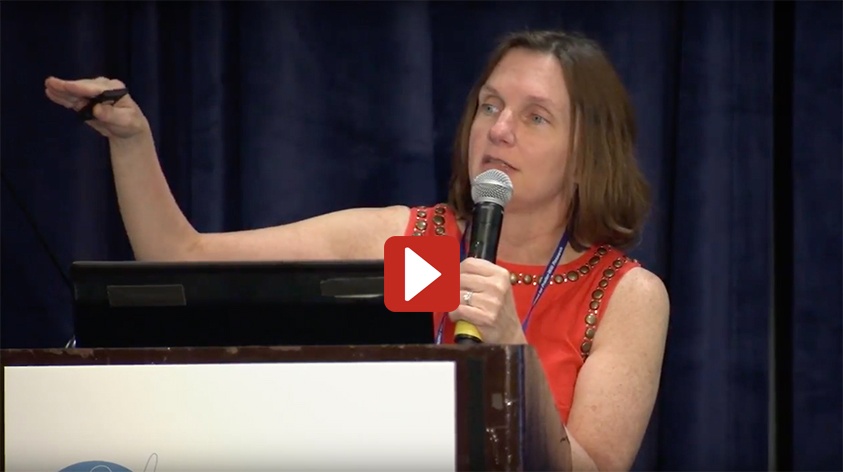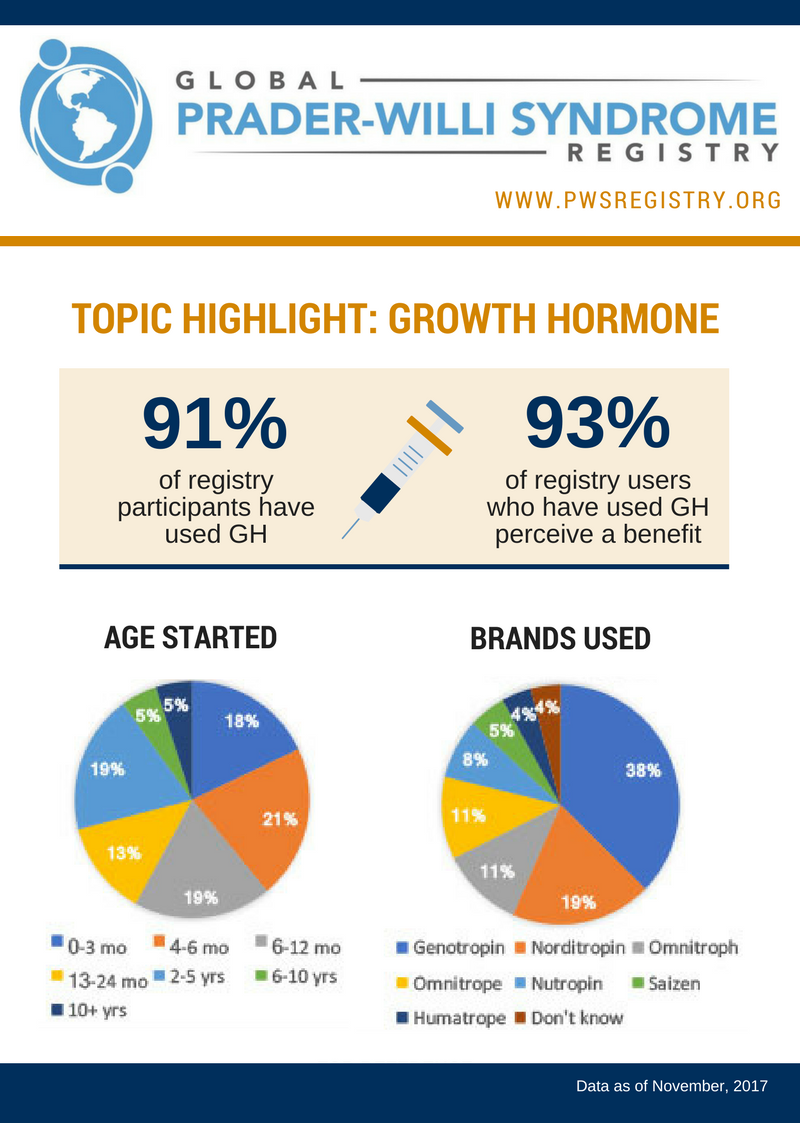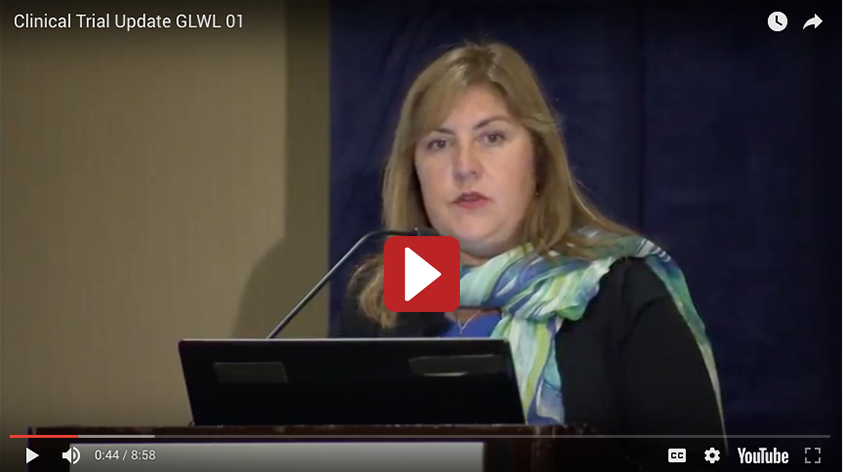Topics: Research
Of the genes on chromosome 15 that are missing or inactivated in PWS, the SNORD116 gene cluster is known to be critical. But it's still unclear how disruption of SNORD116 contributes to the symptoms of PWS. In a new study funded by FPWR, Dr. Deborah ...
Larisa Martiniak, mother of two, hosted her first One Small Step walk this fall in Berkeley, California. We asked her to share a bit of her perspective on what it’s like to find out her child has PWS, and how it has empowered her to take action in th...
Topics: Stories of Hope
This blog contains excerpts from a presentation on GI Issues in PWS given at the FPWR 2017 conference by Dr. Anne Scheimann.You can watch her complete presentation by clicking on the embedded video below. In case you don't have time to watch the full...
Topics: Research
Although the "PWS region" on chromosome 15 is well defined, it's still unclear how loss of this set of genes leads to the symptoms of Prader-Willi syndrome. Typically, there are several genes in the PWS region that are lost or inactivated in people w...
Topics: Research
This Thanksgiving, the FPWR team is thankful for: The amazing group of dedicated researchers and clinicians around the world working to tackle the hard problems of PWS. From defining new clinical trial endpoints to helping parents improve how we care...
Topics: News
The Global PWS Registry, launched in May of 2015, now has more than 1,000 registered participants diagnosed with PWS, Schaaf-Yang syndrome and USP-7 mutations. This blog shares some highlights of the data collected via the registry to date. Global PW...
Topics: Research
Update: DCCR is currently enrolling for its Phase 3 study. Information on this study can be found here. This blog contains excerpts from a presentation on a PWS clinical trial of DCCR, the diazoxide choline controlled release tablet. The presentation...
Topics: Research
One of the most difficult and independence-limiting behaviorial issues for people with PWS is aggression, including temper outbursts and verbal aggression. These behaviors often negatively impact vocational and social opportunities, and yet there hav...
Topics: Research
This blog contains excerpts from the PWS Clinical Trial GLWL 01 Overview presented Caroline Fortier, CEO of GLWL Research, Inc., at the FPWR 2017 conference. You can watch the full presentation by clicking on the embedded video below. In case you don...
Topics: Research















